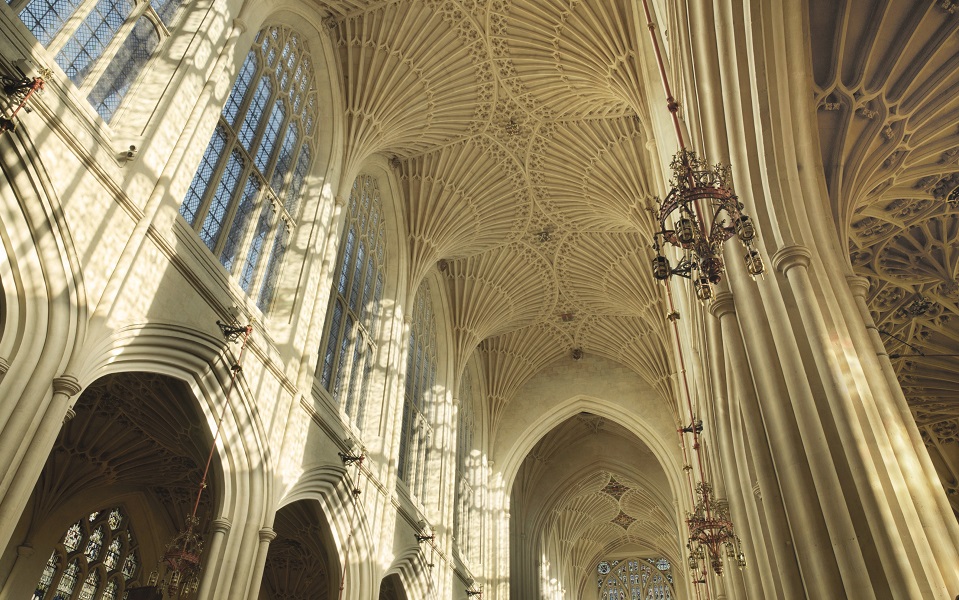| Updated:

This government is hellbent on building ugly homes, and it’s a scandal, says James Price
Of all the many, many mistakes the new Labour government has already made in office, the one that forced a mirthless laugh turned out not to be a mistake at all. The draft of the new National Policy Planning Framework (the bible for housing nerds across Britain) was published with track changes still present throughout the document.
What a funny error, we chuckled. But it turns out that these are always published this way to make it easier to respond to. Whilst Sam Dumitriu of Britain Remade has an incredible piece of analysis of what the changes and edits tell us about the minutiae of the policy; I was much more interested in a few small excisions.
The words ‘beauty’ and ‘beautiful’ had been deleted seven times. One headline used to say ‘Achieving well-designed and beautiful places’ – now those places need not be beautiful. It was a removal that would have been deeply embarrassing if it had accidentally been made known – that it was published with the intention of signalling that beauty is no longer a priority when it comes to building houses is downright barbaric.
Sure, industry bodies might support this change by arguing that the rules are too vague and that they fail to define beauty. But to dismiss it as an unimportant concept goes against our very nature, and millennia of intellectual endeavour to both understand and appreciate the importance of aesthetics in architecture and beyond.
The housing secretary, Angela Rayner, may have called it ‘ridiculous’ to include the concept, but talk to anyone whose town or city was blighted by disgusting brutalist monstrosities. My home, Gloucester, was utterly scarred by the psychopaths who tore down the old buildings after the war in the name of modernity and pragmatism. And just Google what Euston station used to look like. This is what they have taken from us.
Now, unlike the Prime Minister, my dad wasn’t a toolmaker. But he was a house builder, and he taught me the obvious lesson that people prefer homes that are attractive as well as functional. If you could build something more, rather than less, handsome for the same cost, not only could companies sell them more easily, get planning permission more easily, they would also take more pride in their work, a wonderful end in itself.
And thanks to pioneering modern methods of construction like AI modelling of developments and prefabricated sections, we can do just that. Thakeham homes, in alliance with Octopus Energy, are doing great work on this space, making homes cheaper to build, and thus allowing more money to be spent on making things beautiful. This in turn has a superb impact on reducing the local opposition to the housing that we so desperately need.
This brings me to the new towns that the government has committed to building. Labour have talked a big game on fixing the planning system to make it pro-growth, and God knows we need both the places to live, and the growth. But if they jettison the idea of beauty, they will jettison the chance to convert the Nimbys. No one would object to the city of Bath being built near them.
In The Aesthetics of Architecture, philosopher Roger Scruton invoked Immanuel Kant’s inclusion of aesthetics as a key part of the mental faculties, to explain that the division between practical reason and aesthetic understanding is untenable. This is obvious to anyone without an advanced modern degree in design. But without this basic insight, Labour’s new towns will be a blight to both the landscape and the lives of those who will end up living there.
Scruton himself would have been the perfect person to explain this; he was, after all, a co-author of a report into beauty for the government. His untimely death remains a tragedy, and his treatment by the then-government after being falsely smeared by a journalist from the New Statesman was outrageous. But Scruton understood how people felt. As one ordinary participant to the report’s consultation said: “New places are designed by the wheelie bin operators.”
To right both this wrong, and the wrong the new government are about to make, would itself be a beautiful thing.


